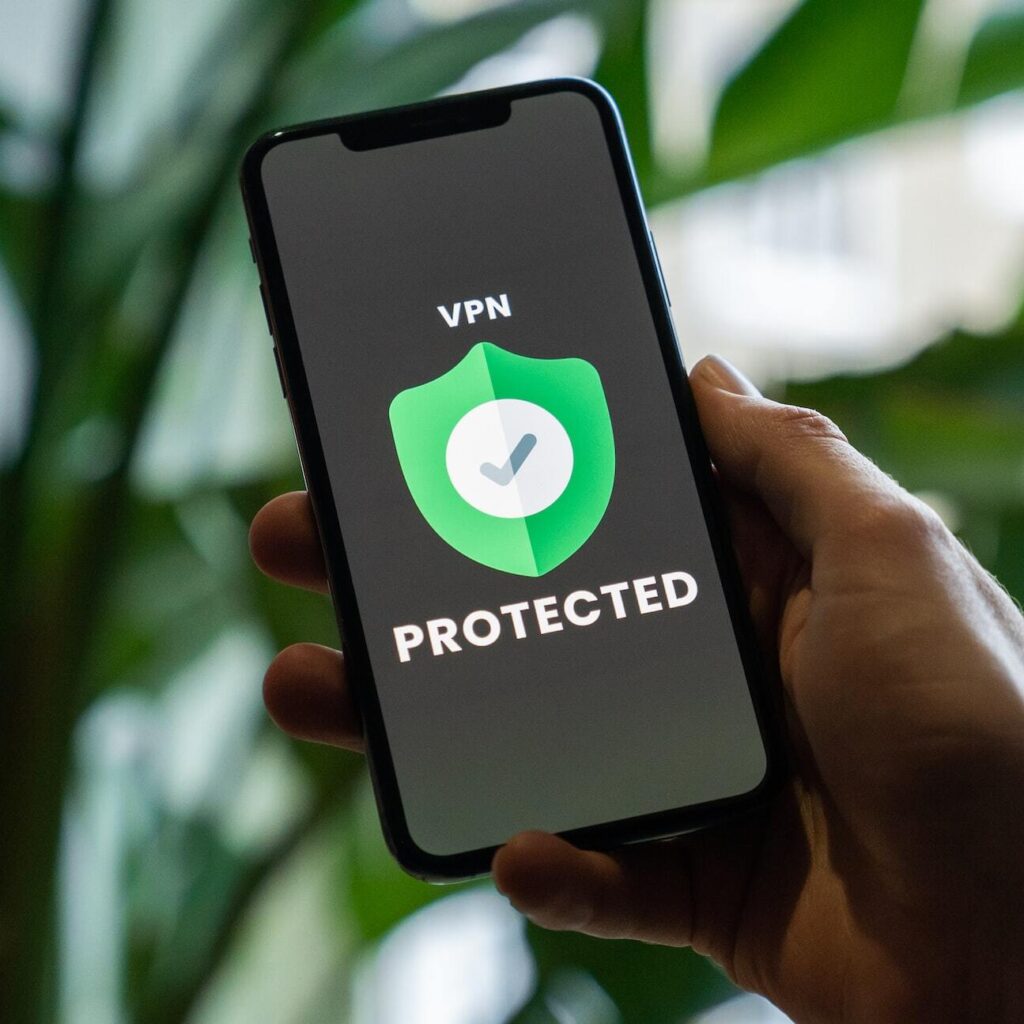The cyber security industry is constantly evolving, and so are the strategies to attract new clients. As a cybersecurity professional, it is important to stay up-to-date with the latest trends and tactics to gain a competitive edge in the market. In this post, we will dive deeper into each of the previously mentioned strategies and provide additional suggestions to help you get more clients in the cybersecurity field.
Build a strong online presence

A strong online presence is essential for any business, and it is particularly important in the cybersecurity industry. Potential clients are likely to search for cybersecurity services online, and your website is often the first point of contact. Therefore, it is crucial to have a professional-looking website that showcases your expertise and services. Remember, your website is your digital billboard.
Your website should include information about your background, qualifications, and experience. It should also include details about the services you offer, the industries you specialize in, and any awards or certifications you have received. Your website should be easy to navigate, and the content should be informative and engaging.
In addition to your website, it is important to maintain an active social media presence. LinkedIn, Twitter, and Facebook are great platforms to share insights, engage with potential clients, and build relationships with other cybersecurity professionals. You can also use social media to share updates about your services, upcoming events, and thought leadership content.
Another way to build your online presence is to contribute to industry blogs and publications. By publishing articles or white papers on reputable websites, you can showcase your expertise and reach a wider audience.
Leverage referral networks

Referrals are one of the most effective ways to get new clients in the cybersecurity industry. Building strong relationships with other professionals in the industry can lead to referrals from satisfied clients or colleagues. Attending industry events, joining professional associations, and participating in online forums are great ways to build your referral network.
To leverage your referral network, you can offer incentives for referrals. For example, you can offer a discount or a free consultation to clients who refer others to your services. You can also ask satisfied clients to leave reviews on your website or social media profiles, which can help attract new clients.
Another way to generate referrals is to partner with complimentary service providers. For example, if you specialize in cybersecurity for small businesses, you can partner with IT consultants or business coaches who work with the same target audience. By cross-promoting each other’s services, you can expand your reach and generate new leads.
Develop cyber security thought leadership content
Creating high-quality content is a great way to establish yourself as an expert in the cybersecurity field. This can include blog posts, white papers, and e-books that provide insights and solutions to common cybersecurity problems. You can also leverage your content by publishing it on industry websites, sharing it on social media, and featuring it in email newsletters.
To create thought leadership content, you need to stay up-to-date with the latest cybersecurity trends and best practices. This can involve conducting research, attending industry events, and engaging with other cybersecurity professionals on social media or online forums.
Another way to demonstrate thought leadership is to speak at industry events or participate in webinars. This can help you reach a wider audience and showcase your expertise. You can also use speaking engagements to network with other professionals in the industry and generate new leads.
Offer free assessments or consultations on cyber security
Offering free assessments or consultations is a great way to build trust with potential clients and showcase your expertise. A cybersecurity assessment can help potential clients understand their cybersecurity needs and identify areas where they may be vulnerable. This can also provide an opportunity to upsell your services or offer customized solutions.
To offer free assessments, you can create a landing page on your website that outlines the details of the assessment and provides a form for potential clients to fill out. You can also promote the free assessments through social media or email marketing campaigns. It is important to make it clear that the assessment is a value-added service and not a sales pitch. This will help potential clients feel more comfortable and confident in your services.
During the assessment or consultation, it is important to actively listen to the client’s needs and concerns. This can help you provide tailored solutions and build trust with the client. You can also use the opportunity to showcase your expertise in cyber security, and highlight the benefits of working with your company.
After the assessment, follow up with the client to discuss the results and provide recommendations. This can be a great opportunity to upsell your services or offer additional solutions. Even if the client does not immediately sign up for your services, the free assessment can help build a relationship and establish your company as a trusted advisor.
Attend cyber security industry events and conferences
Attending industry events and conferences is a great way to network with other professionals in the cybersecurity field and showcase your services. This can include trade shows, industry conferences, and local meetups. By attending these events, you can stay up-to-date with the latest trends and best practices, meet potential clients and partners, and establish yourself as a thought leader in the industry.
To make the most of industry events, it is important to plan ahead. This can involve researching the event agenda, identifying key speakers or exhibitors, and setting up meetings with potential clients or partners. It is also important to bring business cards and promotional materials to share with potential clients.
During the event, make an effort to engage with other attendees and participate in discussions or workshops. This can help you build relationships and establish your expertise. You can also use the opportunity to showcase your services and generate leads.
There are many strategies to attract new clients in the cybersecurity industry. By building a strong online presence, leveraging referral networks, developing thought leadership content, offering free assessments, and attending industry events, you can establish yourself as a trusted advisor and generate new leads. It is important to stay up-to-date with the latest trends and best practices, actively listen to clients’ needs and provide tailored solutions. With these strategies in place, you can build a successful cybersecurity business and help clients protect their valuable assets.


